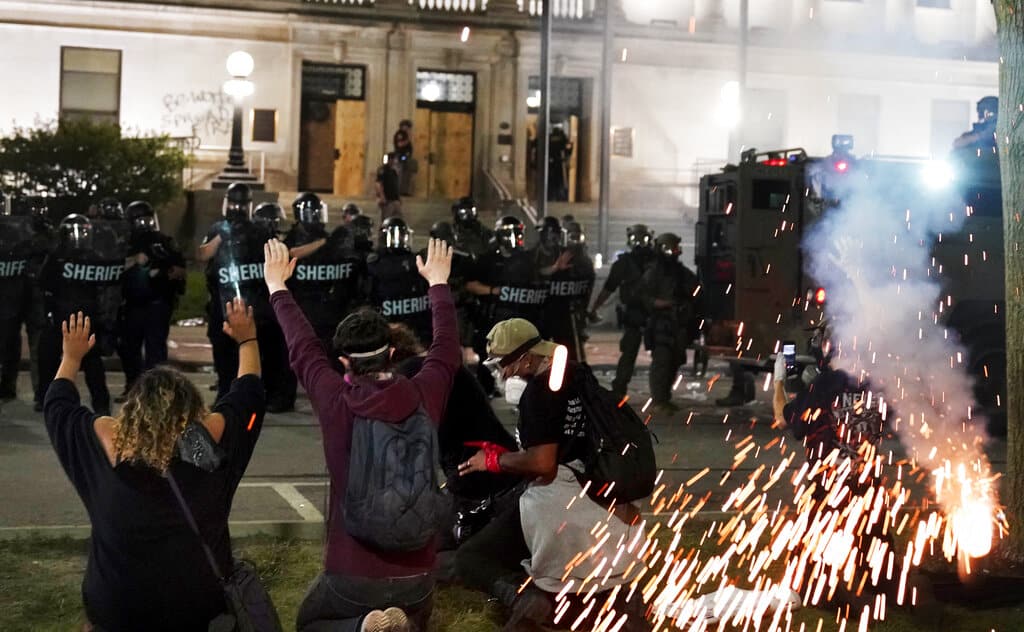The Florida Supreme Court on June 20 definitively answered the question of whether peaceful protesters or even bystanders could be criminally charged under the state’s anti-rioting statute.
“At bottom, the question is whether that law applies to a person who is present at a violent protest, but neither engages in, nor intends to assist others in engaging in, violent and disorderly conduct. And the answer is: no, it does not,” said the opinion, written by Justice John Couriel.
As reported by the Miami Herald, Bloomberg Law and others, the controversy stemmed from Florida’s 2021 anti-protest law passed in response to national protests against police violence and racial injustice. Several groups, including the Florida State Conference of the NAACP and the Black Lives Matter Alliance of Broward, sued on First Amendment grounds, claiming that the law was so ambiguous it could be applied to nonviolent protesters and even bystanders.
A federal judge in Tallahassee, Chief U.S. District Judge Mark Walker, issued a preliminary injunction blocking the law in 2021, describing it as unconstitutionally “vague and overbroad.” After the state appealed, the 11th U.S. Circuit Court of Appeals took the rare step of asking the Florida Supreme Court to examine what the word “riot” meant in the law.
Now the ruling goes back to the appellate court to determine whether to overturn the original preliminary injunction.
One of the Florida justices felt the law remains murky. Justice Jorge Labarga wrote a concurring opinion that agreed with the result of the main opinion but added it was critical to have a narrow interpretation of what constitutes a “violent public disturbance” so as not to interfere with First Amendment rights to petition the government and assemble.
“H.B. 1 threatened to upend the lives of Floridians, especially Black Floridians, who would have been criminalized and targeted simply for exercising their First Amendment rights and standing up for what they believe in,” the plaintiffs and their lawyers said in a joint statement released after the State Supreme Court decision. “Today’s decision provides important legal protections.”
The Free Speech Center newsletter offers a digest of First Amendment- and news media-related news every other week. Subscribe for free here: https://bit.ly/3kG9uiJ

